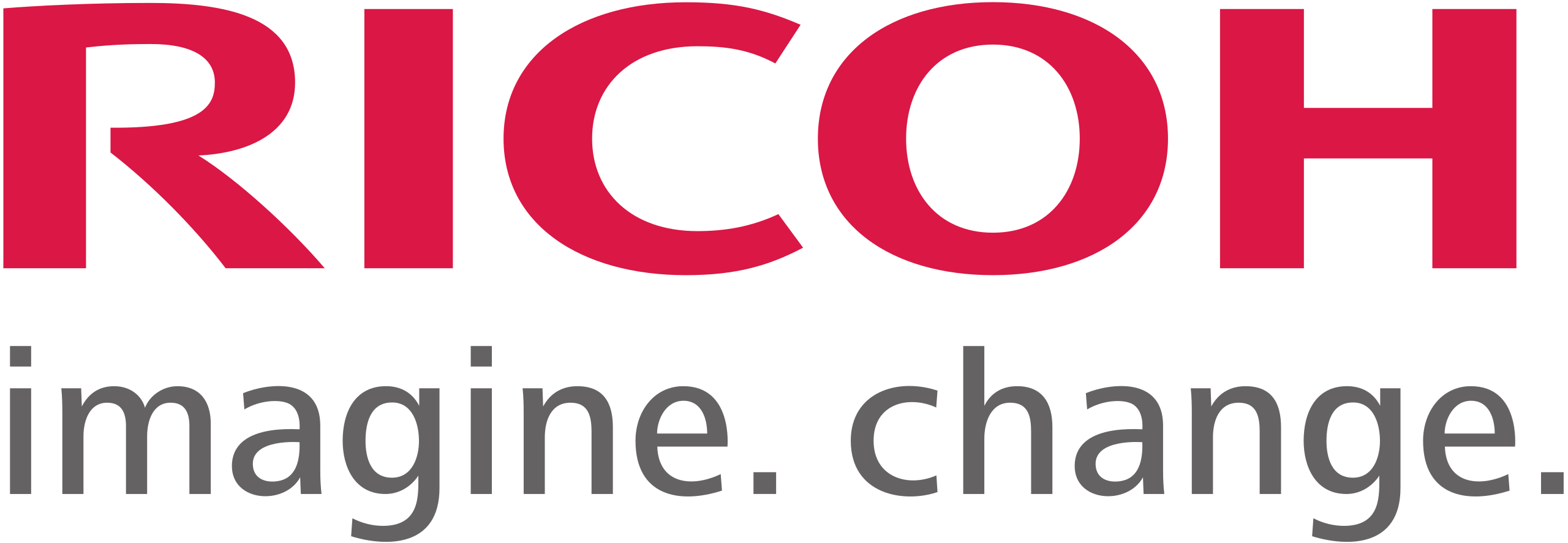3 min read
Too Much Paperwork? A Healthcare Document Management System Can Help
By:
Kali Mogg
on
December 16, 2021
Updated: December 16, 2021

Modern medicine is on the frontlines of new technologies and cutting-edge approaches to matters of health and well-being. Therefore, it only makes sense that healthcare facilities have the best document management systems in place for records management and patient information.
Some healthcare organizations and smaller outpatient facilities still rely on paper documents and physical storage for important information. However, a digital document management solution can enhance efficiency, record keeping, safety, compliance, and speed.
It’s Time to Move on from Paper Documents and Hardcopy Patient Records
Paperwork can be time consuming and is also expensive. Processing paperwork and patient information costs the healthcare industry up to $210 billion annually. Some practices estimate that they spend 40 percent of their revenue filling out paperwork.
So, how does too much paperwork hamper processes? Here are examples.
- Slows down billing – Paper claims take longer to process and file, keeping patients in suspense about their bill.
- Inconsistent care – Healthcare professionals and specialists need to quickly access the same information to provide proper care. Paper medical records make this process slower and unreliable.
- Longer wait for results – Lab results inform providers on next treatment steps. Quicker results processing and sharing hastens treatment.
- Added expenses – Paper and processing paper forms costs money. Digital forms are cheaper and less time consuming.
Concerned about the Jump from Paper Records to Digital Records? You’re Not Alone
Paper records and hardcopy patient files intrinsically feel more secure — they’re tangible and physically securable. Concerns about how HIPAA, data loss, and system integration affect digital records are all valid. But, in truth, a digital healthcare document management system can be both more secure and efficient than relying on physical forms.
HIPAA Concerns and the Healthcare Industry
HIPAA and patient privacy concerns are serious matters for any medical facility or practice. Violations can be costly and damaging to reputation. A digital healthcare document management system, however, can actually improve HIPAA compliance and patient privacy.
Digital patient documents can be password protected, traced and audited, encrypted, and used with SSL security measures, which protect digital communications. Paper documents, on the other hand, rely entirely on blocking physical access to materials. Regulatory compliance is worth being concerned about, but advances in healthcare need forward-thinking technological solutions.
Data Loss and Ransomware
Even with added security, there are legitimate concerns about data loss and ransomware attacks targeting the healthcare industry, in which hackers access and steal sensitive data. For example, the 2017 WannaCry malware attack posed serious danger to U.K. hospitals after hackers gained access and threatened to delete stored patient data.
While such threats can dissuade from digital conversion, proper and up-to-date security measures can greatly reduce these threats and improve digital document security for healthcare providers.
Integrating Document Management Systems
Paper forms, at least, require little integration to be read and used. An electronic healthcare data management system, however, can require integration with other systems. Connections, like Application Programming Interfaces (APIs), between computers and computer programs can be tenuous and seemingly daunting to get started.
However, healthcare facilities typically work with a technology services provider when adding an electronic document management system. Doing so ensures that qualified professionals can handle much of the document management software integration.
The Benefits of Healthcare Document Management
Document management solutions reduce storage space, decrease operational costs, boost operating efficiency, and, in many cases, enhance security. More specific advantages include:
- Providing access to all types of documents regardless of location
- Retrieving, marking up,and categorizing information
- Reducing printing, storage space, and filing costs
- Quickly sharing materials with teams
- Enhancing patient privacy by adding security layers
- Allowing multiple viewers to examine the same document simultaneously
- Importing, creating, and saving new electronic documents, preventing losses and slow processing
- Real-time collaboration with colleagues
Digital Document Management for the Healthcare Industry
Deciding to implement a new document management system is the first step. Going about implementing a system requires help and advice from a reliable technology services provider.
Standley Systems can help your medical practice find and implement a healthcare document management system, no matter your company’s size. While the switch to a digital system will take time and planning, the benefits to operational costs, patient care, and storage space reductions are significant.
Even if you’re still exploring making the switch, Standley can help with an audit of your workflows and processes and other important preliminary steps. To find out more about our services, contact Standley’s team today.

 800-522-3725
800-522-3725 info@standleys.com
info@standleys.com Support
Support











